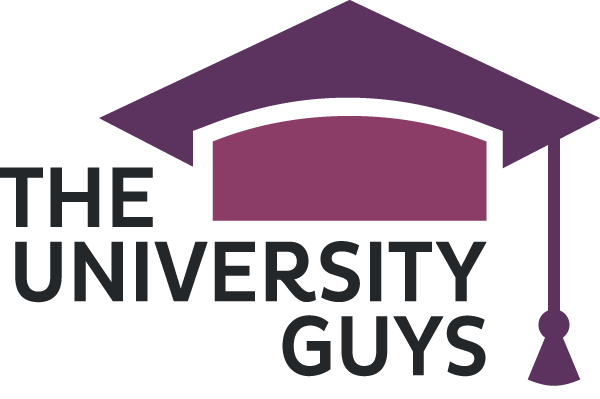Recently I gave a talk at a London school, in an evening entitled “Competitive University Admissions”. After ninety minutes of talks on Oxbridge, and 20 minutes or so on UK Medicine, it was my turn. I started my talk by explaining that ‘competitive’ was a complicated term: Oxford and Cambridge take about 1 in 5 of their applicants, UK medicine is about a 1 in 9 chance to get a place, while Harvard is 1 in 20 and Stanford about 1 in 28. The scared looks from the audience of parents and students – who had thought that they might use the few US universities they had heard of as backups to Oxbridge – said it all.
Often I meet with students who want to know the ‘secret’ to getting into one of the most selective US universities. They hear of someone like me, have perhaps read news articles, and think that there must be some special trick to get them into Harvard, Stanford or MIT. Sometimes my job seems to be to deflate them quickly, and explain that the chances of success, even if they have stellar grades, are extraordinarily slim.
A blog article from MIT from a few years ago is a very useful resource to share with students on this topic:
https://mitadmissions.org/blogs/entry/applying_sideways/
Here’s a key section:
“There is nothing, literally nothing, that in and of itself will get you in to MIT.
For example:
A few years ago, we did not admit a student who had created a fully-functional nuclear reactor in his garage.
Think about that for a second.
Now, most students, when I tell them this story, become depressed. After all, if the kid who built a freakin’ nuclear reactor didn’t get in to MIT, what chance do they have?
But they have it backwards. In fact, this story should be incredibly encouraging for most students. It should be liberating. Why? Because over a thousand other students were admitted to MIT that year, and none of them built a nuclear reactor!”
I find this information extraordinarily powerful, and one which I regularly share with students. It echoes comments I heard recently at a talk from Don Bishop, Associate Vice President for Undergraduate Enrollment at the University of Notre Dame. He contrasted the ‘achievement race’ that so many students seem to be on with an ‘education race’. So many students think that by achieving more they will win the prize, and so push and push themselves to do more (often with harmful consequences for their wellbeing). In reality, the most-selective universities don’t want students who have achieved for achievement’s sake, but have sought to educate themselves (in the fullest sense of the word) through pursuing their natural curiosity in a range of academic areas.
It is this last message which is hard for many used to the UK system to understand, but is a key message to those considering some of the world’s most selective universities.









